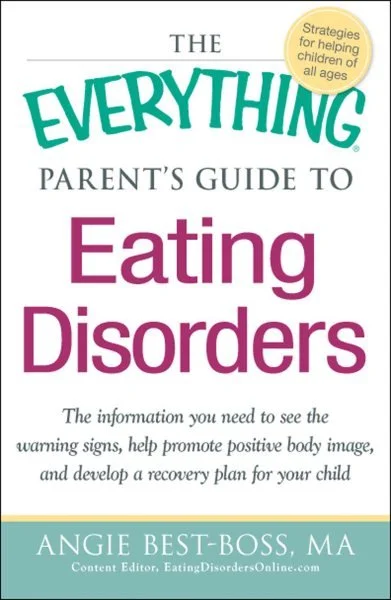Body Image
‘Body image’ describes our thoughts and feelings about our bodies. These thoughts can impact us throughout our lives, affecting the way we feel about ourselves, our mental health and well-being.
Having body image concerns is a relatively common experience and is not a mental health problem in and of itself. Research has found that higher body dissatisfaction is associated with a poorer quality of life, psychological distress, the risk of unhealthy eating behaviors and eating disorders. Though feeling unsatisfied with our bodies and appearance is often more common among young women, body image concerns are relevant from childhood through later life.
While the body positivity movement tends to center on women, men can also struggle with body image. However, for men it is something that is more likely to go under the radar, whether that be because men are more reluctant to reach out or because they are less likely to get an accurate diagnosis.
How our experiences and environment affect our body image will differ for everyone. Overall, research suggests that body image can be influenced by:
our relationships with our family and friends
how our family and peers feel and speak about bodies and appearance
exposure to images of idealized or unrealistic bodies through media or social media
pressure to look a certain way or to match an ideal body type
Action is needed to build and promote positive body image, support good mental health and well-being in our bodies. Everyone has a right to feel comfortable and confident in their own bodies. Some key recommendations are:
The need for commitment from social media companies to play a key role in promoting body kindness
Taking a public health approach to body image by training frontline health and education staff
Individually being more aware of how we can care for ourselves and others about body image
Individually, we can take any or all of the following steps for ourselves and others:
If your body image is a significant cause of stress, or if you are being bullied about how your body looks, consider talking to a friend, a trusted adult or a health professional.
Notice the people and accounts you are following on social media and be mindful of how you feel about your own body and appearance when you look at them.
Lead by example by modelling positive behavior around body image, eating healthily and staying active.
In daily life, be aware of how you speak about your own and other people’s bodies in casual conversations.
Find the best way that works for you to stay active.
Body neutrality gives you the opportunity to explore the roots of your beliefs and feelings. And this is important, because when we recognize how unreasonable it is to feel critical of our bodies, we have the power to invite compassion for ourselves, instead of judgment.
Here are four articles for further reading:
“How much does poor body image affect mental health?,” Lynn Eaton and Rossalyn Warren, The Guardian, Fri 17 May 2019,
“How Does Body Image Affect Mental Health?,” Integris Health, 26 May 2022,
“How Body Image Affects Mental Health,” Susannah Woodbury, Intern and Emma Parkhurst, Professional Practice Extension Assistant Professor, Utah State University, Mental Health Education Extension,
“Body Image,” OASH Office on Women’s Health,
Here are today’s Wellness Wednesday Program book suggestions:







